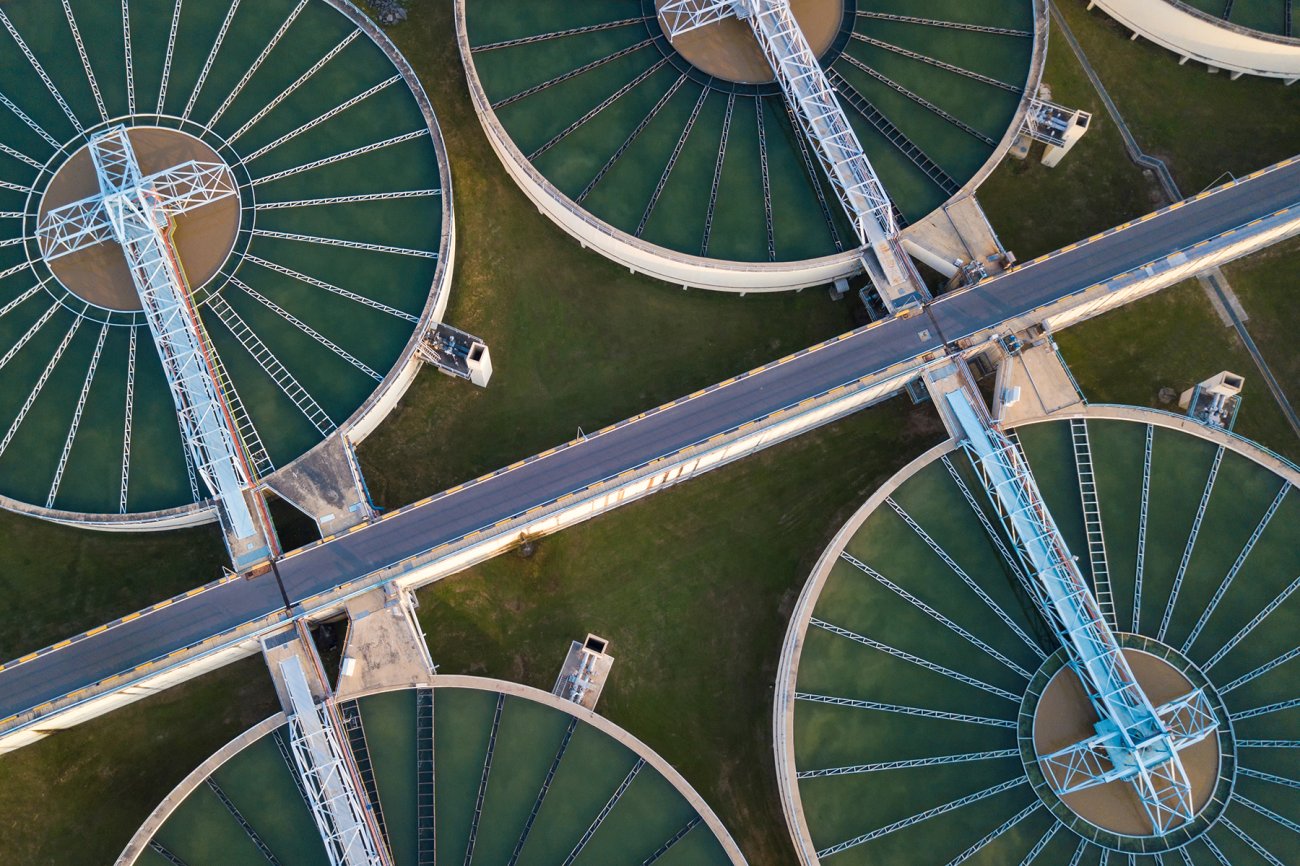See This Report on Reclaim Waste
Table of ContentsThe 5-Minute Rule for Reclaim WasteReclaim Waste Can Be Fun For EveryoneNot known Details About Reclaim Waste Reclaim Waste Fundamentals ExplainedUnknown Facts About Reclaim Waste
Check out the types, events, and kinds of fluid waste. Residential sewer waste refers to the waste and items from a residential septic tank. This sort of waste is created by humans in houses, schools, and other buildings. This only consists of sewage-disposal tanks that have a drain area. The appropriate management and disposal of residential sewage waste need fluid waste to be moved to a sewage treatment plant where the appropriate methods and equipment are put on purify and get rid of waste.
Commercial waste frequently includes potential threats, such as combustible products or a combination of fluid and solid waste products, and calls for an advanced and comprehensive disposal procedure. The disposal of industrial waste normally involves the filtration of waste prior to transport to make sure safe and appropriate disposal. Industrial waste is developed from by-products and overflow of commercial processes and manufacturing.
This sort of waste can not make use of the exact same sewage management transportation or processes as septic or industrial fluids. The commercial waste management procedure requires the inspection and screening of liquid waste before it undertakes the disposal procedure (industrial wastewater treatment). Drainage waste is the liquid waste that originates from overflow and excess stormwater in extremely inhabited locations or cities
Drainage waste can trigger contamination and flooding otherwise taken care of properly. Find out more about sewer cleaning and waste monitoring. Making certain correct waste administration can prevent calamities and minimize ecological injury. Both people in residential settings and experts in business or manufacturing sectors can gain from comprehending the procedures and policies of fluid waste monitoring.
The Best Strategy To Use For Reclaim Waste
Get in touch with PROS Services today to find out about our waste management and disposal services and the appropriate ways to care for the liquid waste you generate.
(https://pubhtml5.com/homepage/kwjac/)This supposed 'wastewater' is not only a crucial source however, after treatment, will be launched to our land, waterways or the ocean. Made use of water from bathrooms, showers, bathrooms, kitchen sinks, laundries and industrial procedures is recognized as wastewater.

water used to cool machinery or tidy plant and equipment). Stormwater, a kind of wastewater, is runoff that streams from farming and metropolitan areas such as roofs, parks, yards, roads, courses and gutters into stormwater drains pipes, after rainfall. Stormwater flows untreated straight to regional creeks or rivers, ultimately getting to the sea.
Not known Details About Reclaim Waste
In continue reading this Queensland, a lot of wastewater is dealt with at sewage treatment plants. Wastewater is delivered from residential or industrial websites through a system of sewage systems and pump terminals, understood as sewage reticulation, to a sewage treatment plant.
The Department of Natural Resources advises regional governments concerning handling, operating and maintaining sewerage systems and treatment plants. In unsewered areas, neighborhood governments may call for householders to mount individual or home sewage treatment systems to treat domestic wastewater from bathrooms, cooking areas, restrooms and washings. The Division of Natural Resources authorizes using family systems when they are proven to be effective.
The majority of stormwater obtains no therapy. In some new neighborhoods, therapy of some stormwater to get rid of trash, sand and gravel has started making use of gross pollutant traps. Wastewater treatment takes place in four stages: Gets rid of strong issue. Bigger solids, such as plastics and various other things wrongly discharged to sewage systems, are eliminated when wastewater is passed via displays.
Wastewater after that flows right into large containers where solids settle and are removed as sludge. Oil and scum are skimmed from the surface. Utilizes tiny living organisms called micro-organisms to break down and remove remaining liquified wastes and fine particles. Micro-organisms and wastes are incorporated in the sludge. Removes nitrogen and phosphorus nutrients that can cause algal flowers in our waterways and intimidate marine life.
3 Simple Techniques For Reclaim Waste
Nutrient removal is not offered in all sewage treatment plants due to the fact that it needs pricey specialist tools. It is becoming much more usual in Queensland. Clear liquid effluent created after treatment might still have disease-causing micro-organisms. If this effluent is launched right into waterways such as rivers or the sea, the micro-organisms will ultimately pass away out.

The majority of wastewater flows into the sewerage system. Under the Act, local federal governments provide authorizations and licences for ecologically relevant activities (Ages) involving wastewater releases that might have a neighborhood impact.
The 45-Second Trick For Reclaim Waste
Otherwise, examples are considered lab evaluation. Usually lots of tests are required to develop the degrees of each of the different pollutants such as oils, heavy steels and chemicals in water. Surveillance provides factual information concerning water high quality and can confirm that licence problems are being satisfied. The information gotten with monitoring offers the basis for making water high quality decisions.